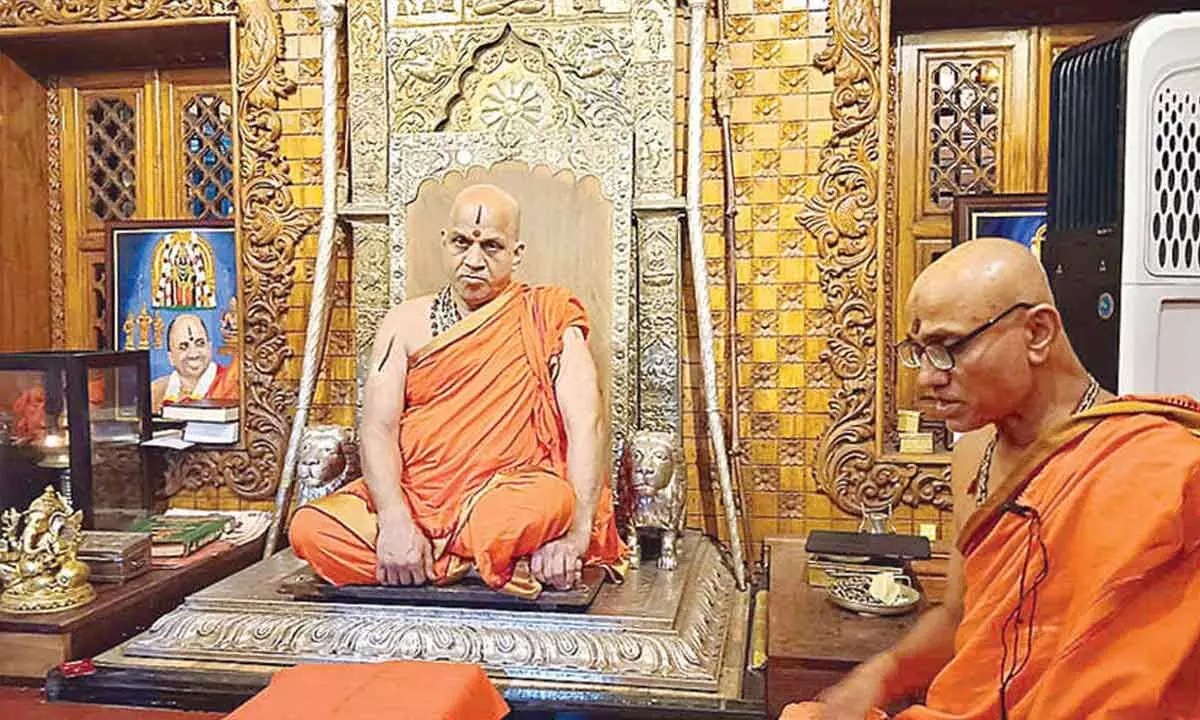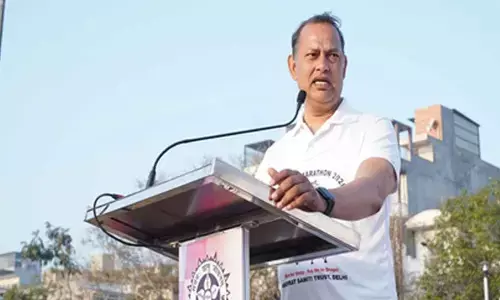Udupi seers condemn adulteration of Tirumala temple prasadam

The incident involving the adulteration of Laddu Prasadam at the Tirumala temple has drawn sharp criticism from religious leaders in Udupi.
Udupi: The incident involving the adulteration of LadduPrasadam at the Tirumala temple has drawn sharp criticism from religious leaders in Udupi. The discovery of beef tallow in the sacred NaivedyaPrasadam offered to Lord Venkateswara has led to widespread concern and outrage within the Hindu community, with many viewing it as a serious violation of religious sanctity.
Sri SugunendratirthaSripada, the head of Sri Krishna Math, voiced strong disapproval, highlighting the gravity of the situation. He stated that such actions not only undermine the sanctity of the temple but also represent a broader issue of attacks on Hindu religious institutions. He called for an immediate end to these incidents and urged that temples and monasteries be safeguarded from political interference. As a long-term solution, he suggested the establishment of a national guidance council, led by revered saints, to protect Sanatan Dharma and ensure the integrity of religious practices across the country.
Sri Vidyeshathisripada, head of Sri Bhandarikeri Math, echoed similar concerns.
He condemned the adulteration of the Ladduprasad as a serious offence against the sacred offerings made to Lord Srinivasa. He advocated for the creation of a Dharma Parliament that would work to protect the interests of religious institutions and prevent political involvement in their administration.
Both seers emphasised the need for more stringent measures to safeguard the purity and sanctity of religious offerings and practices. They stressed the importance of protecting religious spaces from external interference and called for collective efforts to ensure that incidents like this are not repeated. The incident has sparked discussions about the broader issue of preserving religious traditions in the face of modern challenges.








